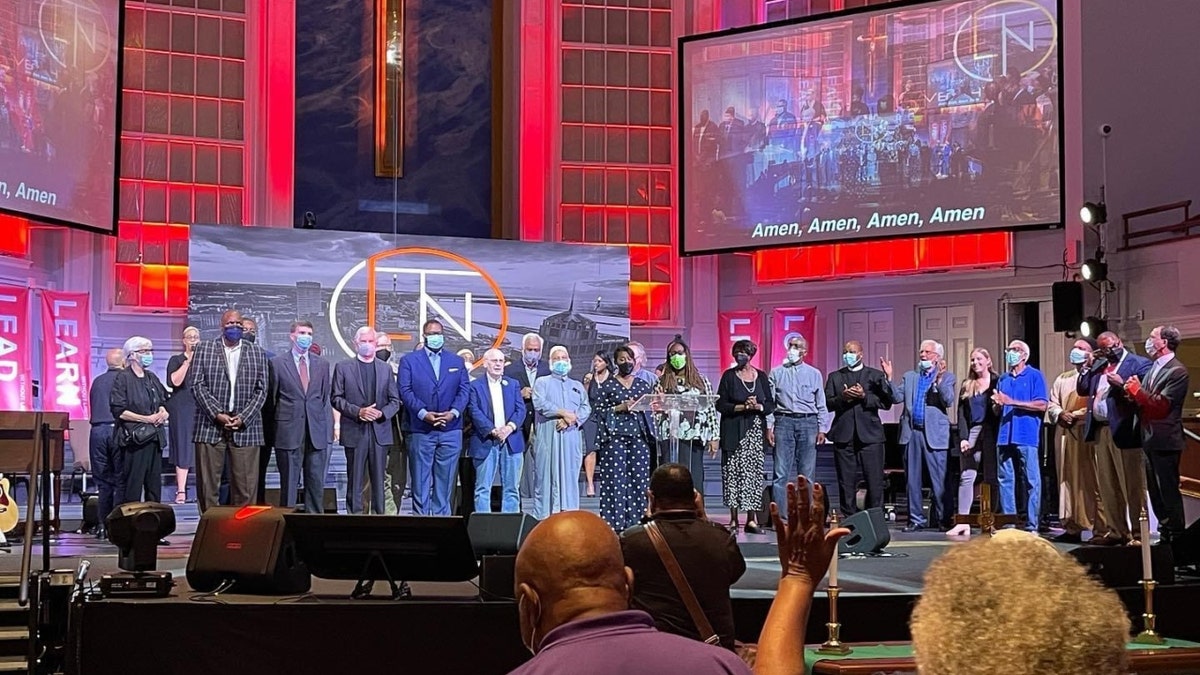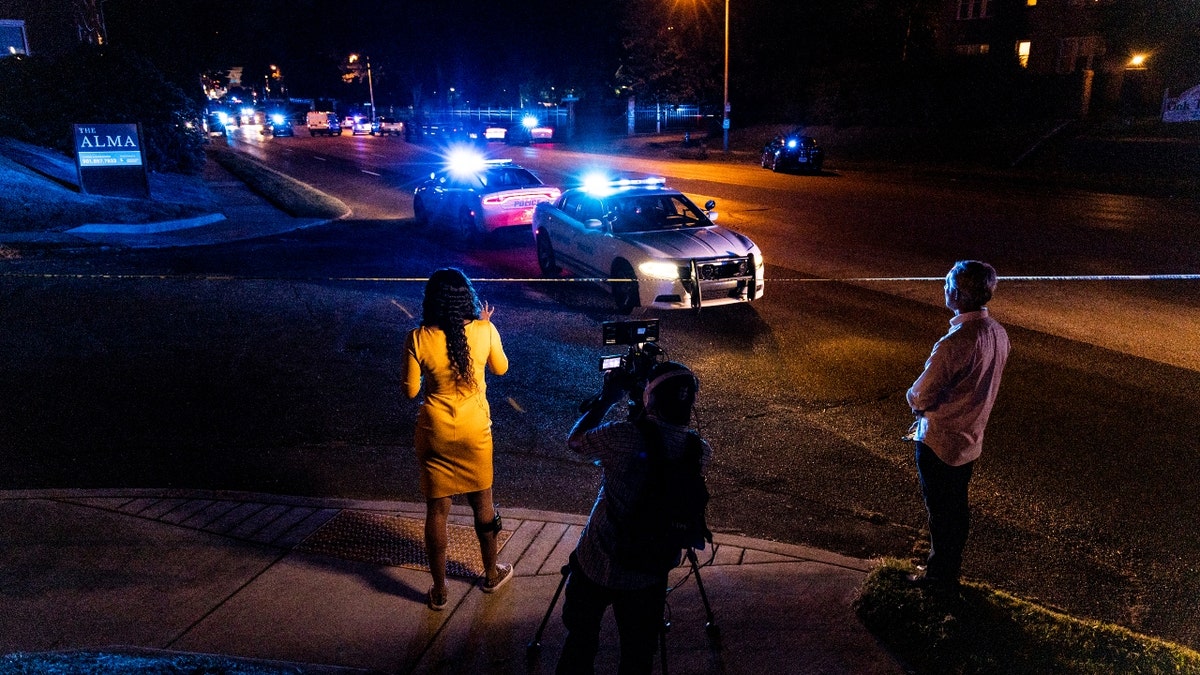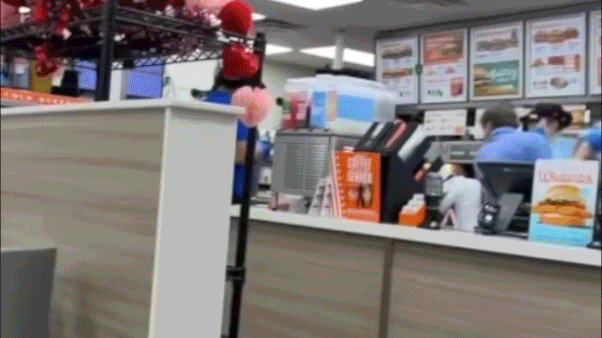Memphis remembers Eliza Fletcher as murder suspect is set to appear in court
Memphis Mom Collective owner Crady Schneider and president of the Memphis Police Association Lt. Essica Cage-Rosario on the murder of Eliza Fletcher.
Memphis residents describe their home as both a big city and a small town.
Neighbors of all walks of life love and care for one another, which is why the city's recent violent crime spree has residents on edge and faith leaders calling on locals to "love thy neighbor."
"We take serious moments of pain and fear and convert them into action," Rabbi Micah Greenstein told Fox News Digital on Tuesday of a local "Love Thy Neighbor" faith meeting among Memphis community members on Monday evening. "When a community like the Memphis community is faced with so much strife, so much poverty and so much violence … the faith communities actually doubled down on their commitment to the sanctity of life and their belief in God."
Memphis community members feel a renewed sense of charity and love for one another amid the recent tragedies, including the kidnapping and murder of elementary school teacher Eliza Fletcher, as well as a shooting spree that left four victims dead last week.
MEMPHIS MOMS ON EDGE AFTER ELIZA FLETCHER AND TARGET ABDUCTIONS: ‘PEOPLE ARE RE-EVALUATING’
"At the end of the day, it's a universal, societal problem: disinvestment, disillusionment, systemic poverty, educational inequity," Greenstein said. "This creates a recipe that cities like Memphis [are] working to combat." He added that "Memphis is no different than other cities," but the way it responds to tragedy "is the difference."
Shaykh Hamzah Abdul-Malik, who also helped host the Monday faith meeting, emphasized how Memphis is changing in two drastically different ways. On the one hand, new businesses and construction are making certain parts of the city more vibrant. On the other hand, low-income areas are seeing the opposite: "institutional anchors" that are meant to help are being removed from those areas. Abdul-Malik gave the example of a school near his mosque that closed.
North Side High School's closing not only left students in the area without a place to take classes, but it left them without a community center and a place to spend time in the afternoon.

Members of the Memphis faith community and city residents gathered on Sept. 12, 2022, to recommit to efforts to keep Memphis safe from violence. (Mississippi Boulevard Christian Church/ Facebook)
"While it's shifting and in some ways — in many ways in a good direction — there's not enough conversation about people who are being left behind in these transitions," he said. "Particularly the youth and the poor; that's what happens when we removed certain key assets of the community that they need, particularly the youth. When we moved to the neighborhood and started doing community work, we began to quickly see that … it's an uphill battle in some areas."
MEMPHIS SHOOTING SPREE SUSPECT EZEKIEL KELLY BACK IN COURT FOLLOWING LIVESTREAMED ATTACKS
Both Greenstein and Abdul-Malik emphasized the importance of offering support to orphaned children or those who come from unstable households.
"In every religion, there is a high level of emphasis — if not one of the highest levels of emphasis — placed on supporting and uplifting orphans in our midst.

Four people were killed in a shooting spree in Memphis, Tennessee, on Sept. 7, 2022. (Brad Vest)
"We can't neglect fundamental things like education of youth. We can't neglect fundamental things like basic health care and access to basic health care for young mothers of children. We can't neglect oversight of the foster care system or making sure that the children are going into good homes and that … are well supported and have good resources," Abdul-Malik said.
He continued: "When you combine a large number of children in foster care with high poverty rates in the same area, you have a recipe for at a very young age for kids to just get into basic mischief, which can lead eventually to a worse state [like] breaking windows, violate properties, and the kids don't know any better."
CLICK HERE TO GET THE FOX NEWS APP
Abdul-Malik believes more families and youths living in poverty should seek out religious institutions for help because those entities have communities of people who offer their time, services and material donations like clothes and food to help those in need.












































